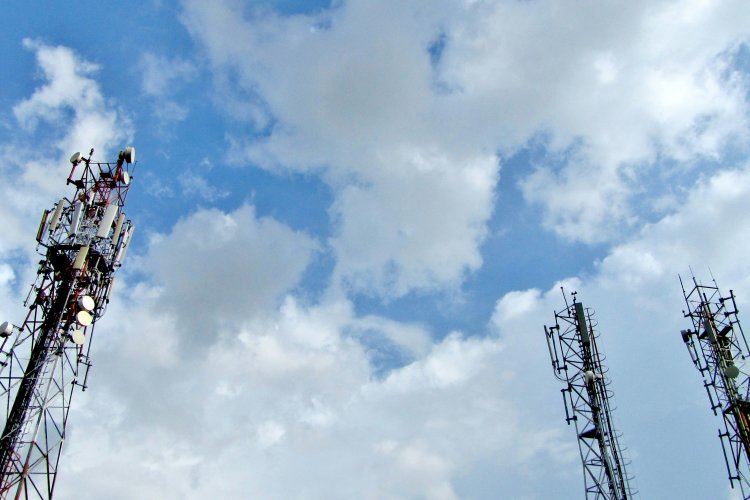
The government is all set for telecom spectrum auctions despite indications of a lukewarm response from potential buyers, with a lower-than-usual earnest money deposit (EMD) collected. India’s spectrum auction, slated for later this week, is garnering less attention compared to previous rounds. A host of factors have contributed to this including lower participation from major players and a reduced amount of spectrum on offer. According to data from the Department of Telecommunications (DoT), EMD is the lowest in the past six auction rounds.
Market leader Reliance Jio is maintaining a cautious stance and the Mukesh Ambani-led telecom is anticipated to bid for less spectrum than initially indicated. Jio may pick up much less spectrum and is widely expected to skip the 800 MHz band, given that it is mostly unsold spectrum from 2022. In a major reversal from previous trends, analysts predict Airtel might end up spending more than Jio due to spectrum renewal needs. Airtel needs spectrum renewal and has a requirement for 900 MHz in a few circles.
READ | Accounting scandal: PwC faces shutdown in China over Evergrande mess
In a significant drop from 2022, the three major telecom operators viz Reliance Jio, Bharti Airtel, and Vodafone Idea have deposited a combined Rs 4,350 crore as EMD for the upcoming spectrum auction. This is only a fifth of the amount put down in the previous auction, according to documents uploaded by the Department of Telecommunications.
Spectrum auctions: What is on sale?
This year’s auction offers a significantly smaller pool of spectrum compared to 2022, with the total amount available reduced by more than 70%. The government is putting up leftover spectrum from the previous auction on sale. However, the crucial 700 MHz band is missing as Jio snapped up the biggest chunk of it in the previous sale. Government-owned companies also got this particular band last time.
This time, the prevailing sentiments in the entire telco sector are low. Companies including Jio and Bharti Airtel have already made significant investments in 5G spectrum during the 2022 auction, and their network utilisation is still rising. Moreover, in the upcoming auctions, the absence of the crucial 700 MHz band which is considered highly efficient for 5G services has also dampened the bidding activity.
To make matters worse for the telecom companies, the government has set a high reserve price for the available spectrum. The 5G auctions held in 2022 were an outlier because companies scrambled to get the maximum of new technology. However, the same is not the case this time. Despite this, the government has set a reserve price of Rs 96,317.65 crore for the 10,523.15 megahertz (MHz) worth of spectrum put up for auction.
Airtel will clearly be snapping up the most spectrum. Analysts predict the telecom with an estimated outlay of Rs 10,400 crore will dwarf the projected spending of Jio at Rs 900 crore and Vi at Rs 1,200 crore.
On 6th June, DoT will publish an auction catalogue for a live auction. The upcoming auctions will serve as an opportunity for telecom majors to strategically fill gaps in their portfolios but not a full fledged affair. Since the overall auction is likely to be quiet, the fallout of the same could be lower revenue for the government compared to previous auctions. The government’s revenue from the auction could be as low as Rs 1,200 crore in the first year (2024-25) if operators choose the most extended payment option. Axis Capital further estimates Airtel and Vi could spend Rs 3,800 crore and Rs 2,500 crore respectively, while they believe Jio is unlikely to participate significantly in the bidding.
A month ago, the government had submitted a plea to the Supreme Court to reverse its decision in the 2G spectrum case as it looks to assign airwaves administratively — without auction — for specific limited purposes. The discussions on the appropriate method for allocating spectrum continue as spectrum is a scarce entity and many believe that auctions are not the right way to allot this resource. Industry insiders have also argued against the mandatory use of auctions for spectrum allocation in the Indian telecom sector.
Auctions were indeed a positive step during 2010 due to a lack of transparency in past methods. However, at the present discourse, they can stifle competition by making it expensive for operators to acquire spectrum. Instead, the government must consider alternative methods such as fixed upfront fees, to promote competition and infrastructure development. Since 201, situations and market dynamics have changed, and the government, through DoT and TRAI, should be able to decide the best allocation method based on current needs.
